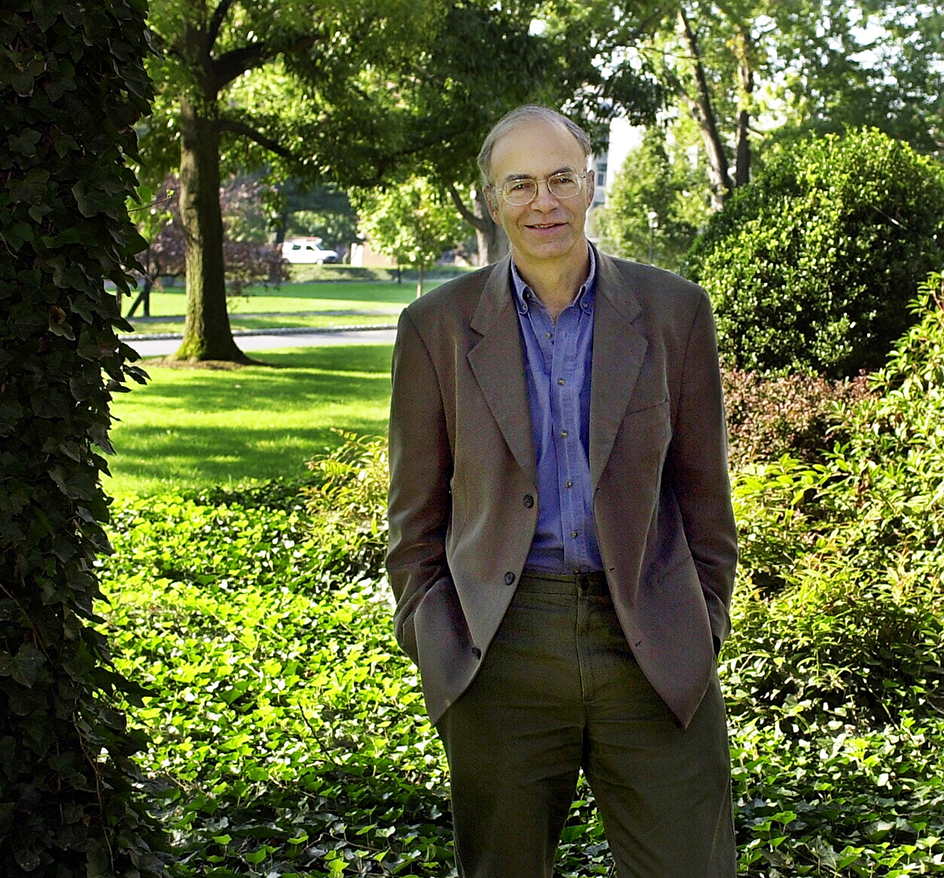Singer, Peter (1946-…), is an Australian philosopher and author. Since 1999, Singer has been a professor of bioethics at Princeton University. Bioethics is the field of study concerned with moral issues of biological research and medical practice. It focuses on how people should use science and whether these uses are morally acceptable.

Singer is probably best known for his ideas about the treatment of animals. His book Animal Liberation (1975) criticizes the conditions under which livestock are kept on factory farms. Factory farming uses highly mechanized systems to raise many animals in confined spaces. According to Singer, the pleasure and nourishment people obtain from eating meat is outweighed by what he describes as an animal’s interest in living and dying under better conditions than animals on factory farms do.
In Practical Ethics (1979), Singer held that all self-conscious beings deserve equal moral consideration. He argued that differences between cultures, races, and the sexes are morally unimportant, as is geographic location. Say, for example, that an individual considers it a moral duty to save a child from drowning in a nearby pond. According to Singer, that person should consider it an equally strong duty to save a baby from starving on the other side of the world. In Practical Ethics, Singer also argued that there is nothing sacred about life itself. Instead, what is morally important is the total amount of happiness in the world.
Peter Albert David Singer was born on July 6, 1946, in Melbourne, Australia. He received an M.A. degree in philosophy from the University of Melbourne in 1969 and a B.Phil. degree from the University of Oxford in 1971. He has taught at universities in Australia, England, and the United States. His other books include One World: The Ethics of Globalization (2002) and The Life You Can Save: Acting Now to End World Poverty (2009).
See also Animal rights movement ; Bioethics ; Factory farming .
